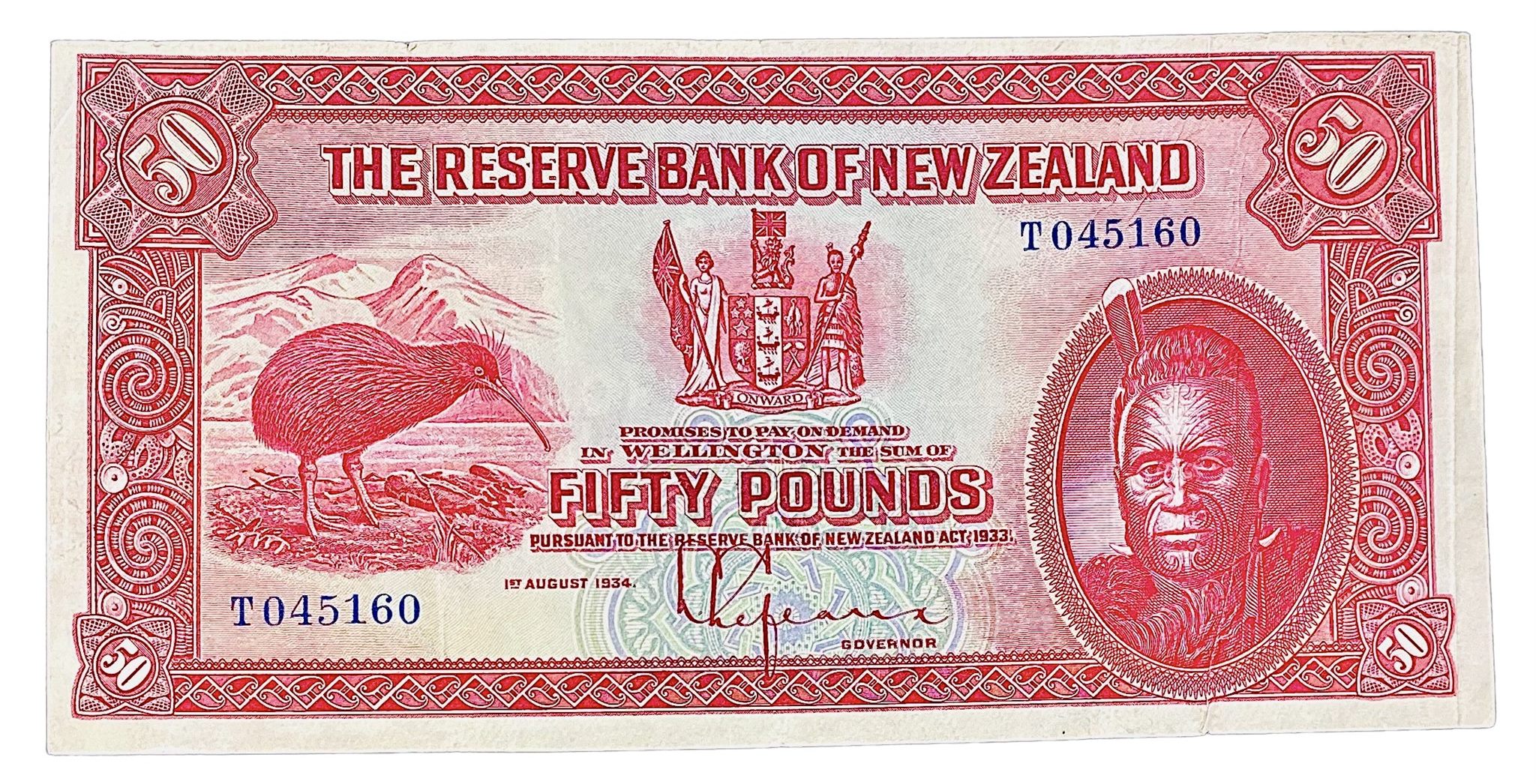
Te Whanganui-a-Tara – Banks are making make record profits while Kiwis are struggling with inflation and higher costs.
Increases in home loan rates mean New Zealanders refixing their loans face locking in much higher repayments. Many homeowners face refixing at these higher rates.
But no one is talking about the amount of capital regulators have required bank shareholders to put at risk to avoid tax payer funded bail outs when banks take losses.
For every $100 of risk weighted lending, shareholders put $15 on the table. So if there is double the amount of capital per dollar lent and double the amount of money lent, capital has gone up four fold and at a constant return on capital the dollars of profit have also increased four fold. Any inquiry will find that.
In addition if the regulator has driven interests rates to near zero, then funds that do not pay interest, such as capital provided by shareholders, become less valuable.
When the same regulator moves interest rates up by four percent, those funds which were earning 4 percent now earn 8 percent and that adds to dollars of profit.
Any inquiry will find that too. Banks have reduced costs by investing in tech and enabling self-service. Those investments have cost capital but add to profits. Any inquiry will find that too.
Less than half bank profits come from households, the rest comes from corporate and business lending and provision of financial services.
Households contribute to bank profits not only through borrowing from banks but also by placing deposits and using payment services and other off balance sheet services such as retirement savings management.
An inquiry will find that too. The inquiry may find that interest rates paid on mortgages should be higher and interest paid to depositors should be much higher given inflation is eroding the value of savings and the real value of debt by seven percent per year.

